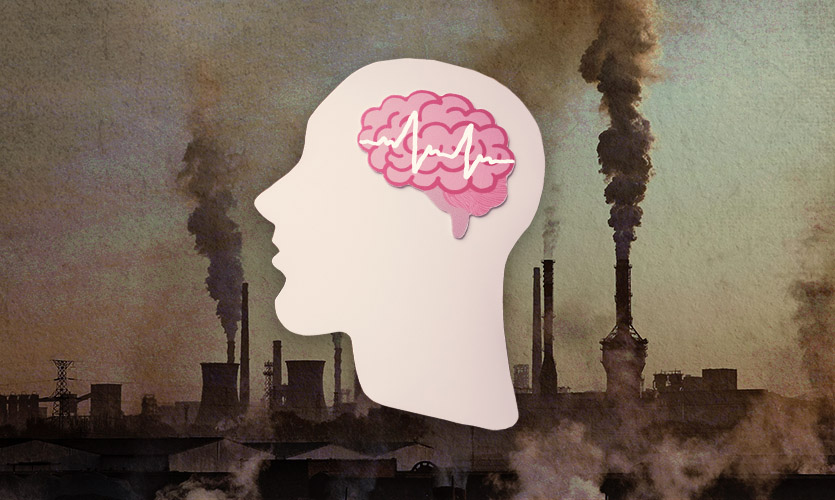As COVID-19 continues to spread, doctors are working on spreading awareness about post-covid syndrome. COVID-19 has several symptoms ranging from cough, breathlessness and fever, among others. Several have tested negative and recovered but continue to have complaints like loss of smell or taste, cough, fatigue, bodyache and more.
“Sometimes it’s the aftermath of the disease that causes more trouble than the disease itself,” says Dr. S.K Saini, senior doctor at King George Medical College, Lucknow.
Nearly four in every five patients are experiencing prolonged fatigue, lack of appetite, have lower threshold towards physical strain; and mental afflictions like depression and insomnia, even after recovering and testing negative. “It is important to note here, that once patients leave the quarantine facility or complete their self isolation, they still carry a lot of physical and mental stress. It is the mental burden which wears them down later”, asserts Dr. Saini.
The causes of such neuropsychiatric symptoms are interlinked. “I still feel depressed and have a hard time letting go of my experiences from the quarantine facility I was admitted to”, says Himanshu Rawat, who had previously tested positive for COVID-19. People might owe it to the state of isolation wards or the fear of staying away from their loved ones as the basic cause, but its roots also lie in the way the virus affects the body. Your entire system faces impediments in its normal functioning, which can take weeks to completely normalise even when the virus has been destroyed by the body”, adds Dr. Saini.
It is suggested that every person who has suffered from Covid-19 should opt for passive rehabilitative sessions or therapeutic psychological interventions soon after their discharge. “A week long session with a registered psychologist can help eliminate the symptoms of this syndrome”, suggests Dr Saini.
Further, people with comorbidities such as hypertension, diabetes, hypothyroidism, heart and kidney ailments are at much higher risk. An article published in the US National Library of Medicine, National Institute of Health calls the outbreak to be “psychological pandemic”, suggesting that more people might take their lives out of stress rather than the disease itself.










